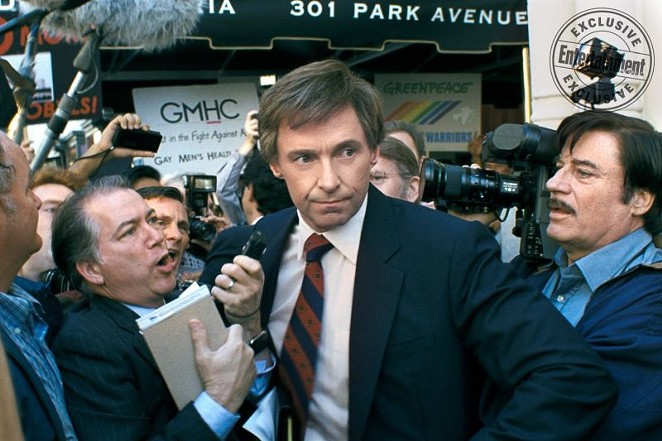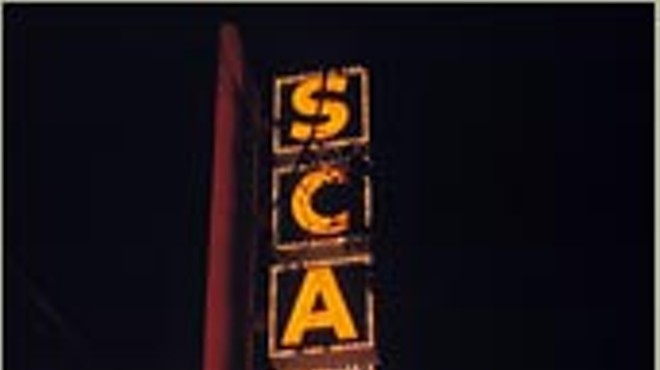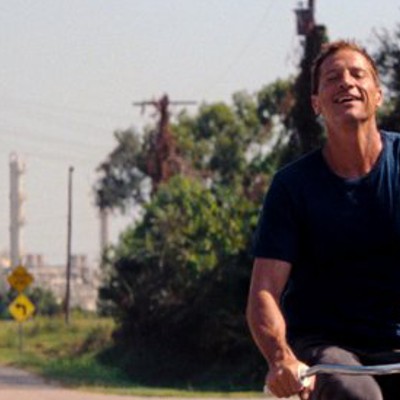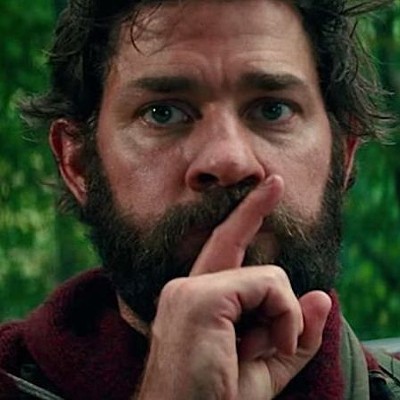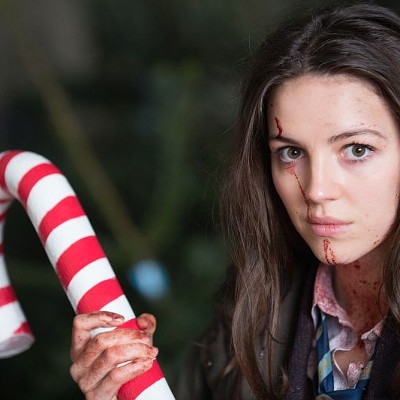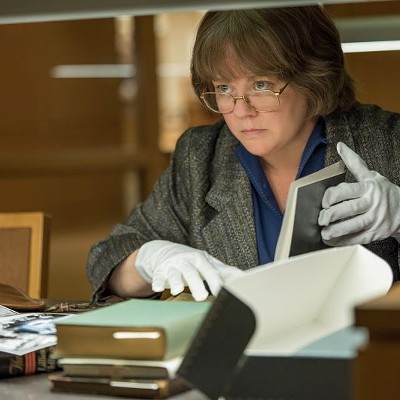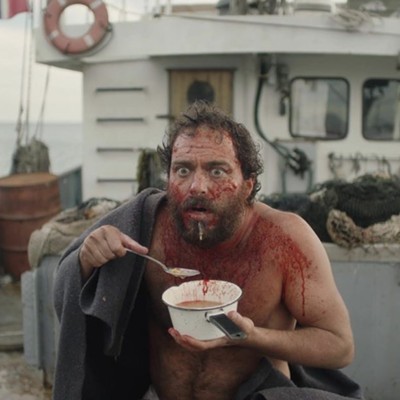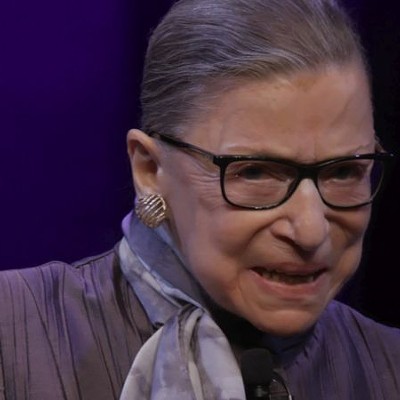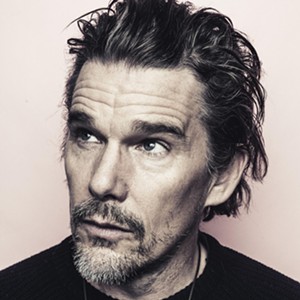A DECADE before President Clinton was impeached over a sex scandal, presidential candidate Gary Hart’s career imploded the same way.
Regarded as the second coming of the Kennedys, the charismatic Colorado senator seemed to have the 1988 Democratic presidential nomination well in hand —until evidence surfaced of his affair the year before with Donna Rice, a former Miss South Carolina.
Famously, one of their liaisons was on board a boat called the Monkey Business.
It was a classic case of political hubris, brought on — or so we were told at the time — by Hart daring political reporters to follow him around to see if they could dig up any dirt.
As director Jason Reitman (Juno, Thank You For Smoking) shows in his new film The Front Runner — starring Hugh Jackman as Gary Hart, along with an amazing cast of linked characters just as interesting — not everything we remembered was exactly how it all went down.
Based on Matt Bai’s book All The Truth Is Out: The Week Politics Went Tabloid, The Front Runner not only tells us the real story of what happened in 1987, back before Facebook or even the Drudge Report, it tells us why it all still matters today.
We spoke to Reitman earlier this week.
What persuaded you to adapt Matt Bai’s chronicle to the screen?
Jason Reitman: I first heard the whole story a few years ago, and was fascinated by this moment in history when the presumed next president found himself in an alleyway outside his apartment with some reporters, and less than a week later left the race for good. I felt like it was a story that people either don't know or have misremembered.
Now we see it’s a story that wraps up so many things we’re so concerned with today: gender politics, the line between the public and private lives of politicians, the relationship between journalists and candidates.
At the time the story was relegated to tabloid fodder, but it really sheds so much light on things we’re still dealing with today.
The story at the time was that Hart personally dared the Miami Herald to see if they could find anything incriminating on him.
That’s what I mean by people misremembering the story. The same day the Miami Herald piece about Hart came out, the New York Times came out with the quote about his private life. So in the aftermath the story was retold on TV that Hart had dared the Herald to follow him around.
Which wasn’t really the truth — the Miami Herald had already decided to stake out Hart’s apartment. That was a decision they had already made on their own and were already in the process of doing. Maybe that was the right thing to do, but the whole thing became a joke.
Now of course we live in a time when candidates are willing to lie through their teeth, we have an indecent president. A wall has gone up between the media and these manicured press secretaries.
It makes me question what was the value of that moment? What can we learn from it today?
Isn’t it ironic that Hart’s scandal moved so quickly and completely even though this was not only way before social media, but before the internet itself?
That’s a great question. Around 1987 was the birth of the satellite trucks for news networks, and satellite phones handed out to reporters. The Hart story was on Current Affair, which was a sort of precursor to scandal-driven TV news.
Then you have the situation where these journalists are covering primary candidates about ten years after the birth of the modern primary process. They suddenly are tasked with trying to figure out who these people are and tell their audiences.
The party bosses are no longer picking who will be nominated, the people are, and the press is trying to feel their way through that process, and figure out where the lines are.
They say all good stories revolve around a good villain. Who is that in this piece? Hart? The media? Who’s the villain?
There isn’t one! This is not a biopic. There are about 20 main characters, and by following each of them you can hook a line to the other characters. Different characters in the film will speak differently to different people. This movie really acts as a mirror to your own perceptions. I’ve never enjoyed movies that are one-sided.
Why is the casting of Jackman so important to this film?
Hugh Jackman is one of the greatest movie stars, and one of the greatest actors. No one works harder. Whether he's singing in Les Miz, or clawing his way through Wolverine, no one works harder than Hugh Jackman. He knew specific speeches and specific talking points that weren't even in the script!
We usually think of Hugh Jackman as the man whose heart is leaping out of his chest, an actor whose emotions are so close to the surface all the time. But here, he plays an enigma. He gives you glimpses into Gary Hart. He shows you just enough to make you want to know more.

